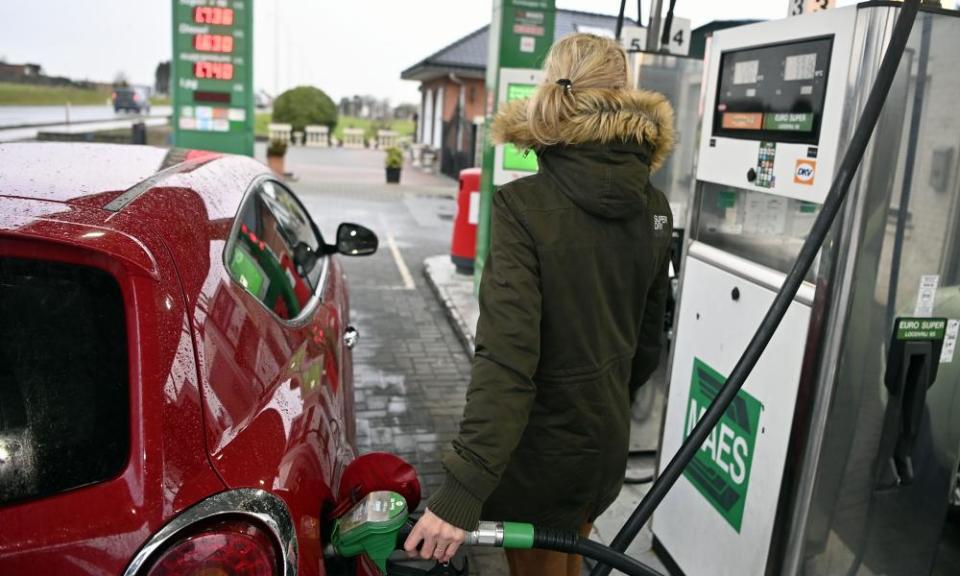The Guardian view on the economy: soaring prices and plunging wages spell conflict ahead

The news this week that inflation has hit a 40-year high even as wages fall at their fastest rate in two decades is sobering, yet sadly unsurprising. You need not be an economist to know how much prices have been going up this year, from the petrol pump to the supermarket checkout to direct debits. And while inflation at 10% is a remarkable figure, it is set to go even higher. Unless the government acts on energy bills, when the cap rises by a predicted 80% on 1 October, inflation will soar again. Analysts expect prices for gas and electricity to keep on increasing well into the new year. And where energy prices go, so go the costs for everything else, from food to clothes to transport.
The UK is not the only country in this mess, but its position is the most precarious of any in the rich world. Privatisation means that the British government has little control over the prices set by its utilities (unlike, say, Emmanuel Macron with EDF), while workers in the UK have far less bargaining power than their counterparts in France and Germany. Then there is Brexit, plus the long-held assumption by politicians and economists that the UK need neither own nor manufacture much of what it consumes – it can just buy it all in. The result is that inflation in the UK far outstrips that in the US, Japan, Germany or France – and financial markets expect that to remain so next year.
Even before Russia’s invasion of Ukraine, 2022 was set to be shaped by the cost of living. Ahead of this autumn, three things can be said with reasonable confidence. First, the Bank of England will keep raising rates – and most likely induce a recession that will harm firms and workers. Threadneedle Street will treat this week’s signs of prices rising in the service sector as proof that inflation is no longer being imported, but is now settling into our economy. Second, the next prime minister will not have the war chest they hoped for. This March, the Office for Budget Responsibility calculated that the Conservative government had £30bn of “fiscal headroom” to cut taxes and raise spending. Most of that will now go on pensions, social security and interest on public debt. Throughout this Tory leadership campaign, economics has been discussed as if in some strange blue-rinse bubble: giveaways today, or tomorrow? That bubble is heading towards a painfully sharp pin.
Finally, the Conservatives are engineering an almighty clash with trade unions. Public sector workers are the ones seeing their pay fall furthest behind their bills, after more than a decade of real-terms cuts to wages, and are also most likely to be unionised. The government is well aware of this, yet has done little to alleviate the real suffering being felt by nurses and teachers and other vital workers. The obvious conclusion to be drawn is ministers want a fight. If so, they won’t be disappointed. Given the battle readiness of union leaders such as Sharon Graham, this will most probably be a winter dominated by industrial strife.
It is worth recalling how much of Margaret Thatcher’s project focused on suppressing prices by hammering down on workers. In that, if not much else, she was strikingly successful. And over the intervening decades Westminster has been filleted of a sense of class conflict. Politics became, as David Hare titled one of his best plays, the absence of war. Not for much longer.

 Yahoo News
Yahoo News 